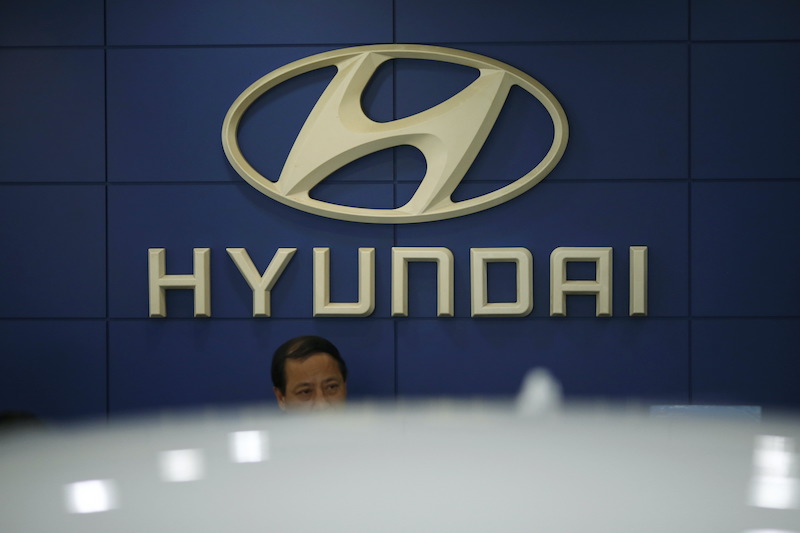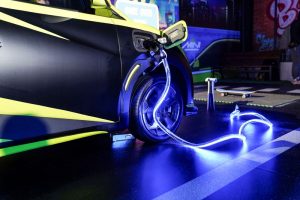Korean auto giant Hyundai is accelerating its electric vehicle programme, spending $28 billion over the next decade and also pledging to restructure its struggling China business in a bid to lift EV sales.
The South Korean automaker, the world’s No3 auto group by sales together with its affiliate Kia, said it has raised its EV sales target to 2 million units by 2030 from 1.87 million.
It would represent around one third of its total vehicle sales, up from 8% expected this year.
Also on AF: Banned Nvidia Chips Available in China’s Underground Markets
To meet the target, Hyundai plans to boost local production of EVs in its three key markets of the United States, Europe and South Korea, as more countries roll out tax benefits and incentives for locally manufactured vehicles.
In the United States, its biggest market, EV production will account for three quarters of its total vehicle production there by 2030 from just 0.7% now.
While it raised EV sales targets in its major markets, Hyundai said it would further restructure its struggling China business to focus on profitability.
Hyundai CEO Jaehoon Chang told investors that China, the world’s largest vehicle market, had been very profitable up until 2016 but it was now the biggest risk as the automaker had lost market share to nimble domestic rivals.
Hyundai sold one China plant in 2021 and plans to sell two more, including one that it shut down last year and another that it plans to close this year. The remaining two other plants will be further rationalised and used for exports to emerging markets.
Its product line-up in China will also be reduced to eight from 13, focusing on high-end and SUV models including the Genesis luxury brand.
To enhance its competitiveness in batteries and develop next-generation batteries, Hyundai Motor plans to invest 9.5 trillion won ($7.4 billion) over the next 10 years, it said.
Lithium-Iron-Phosphate Battery Switch
Hyundai Motor said it plans to introduce competitive lithium-iron-phosphate batteries, a cheaper alternative to lithium ion batteries that have spurred EV adoption in China, for the first time around 2025.
Its bigger rival Toyota also announced last week a plan to use LFP batteries to offer a broader range of battery options.
Hyundai aims to source more than 70% of batteries through its joint ventures by 2028 and beyond.
Other plans include collaboration with specialised companies and startups, as well as establishing joint ventures with battery companies to ensure stable supply.
“Joint research and equity investment in startups to accelerate the development of next-generation batteries is also under way,” the company said.
The Seoul-based automaker said it aimed to achieve an operating profit margin of 10% or higher in the EV business by 2030.
Its investment of 35.8 trillion won ($28 billion) in electrification is part of a 109.4 trillion won budget Hyundai plans to spend through to 2032.
- Reuters with additional editing by Sean O’Meara
Read more:
Hyundai, LG Eye $4.3bn US Battery Plant in EV Tax Credit Push
Hyundai, Samsung to Pour Billions in US to Make EV Batteries
Toyota Reveals Supercharged EV Battle Plan, New Battery Tech
Hyundai to Keep Buttons Amid Touchscreen Safety Fears – Drive
Hyundai Considers Selling Its Russian Production Plant
























